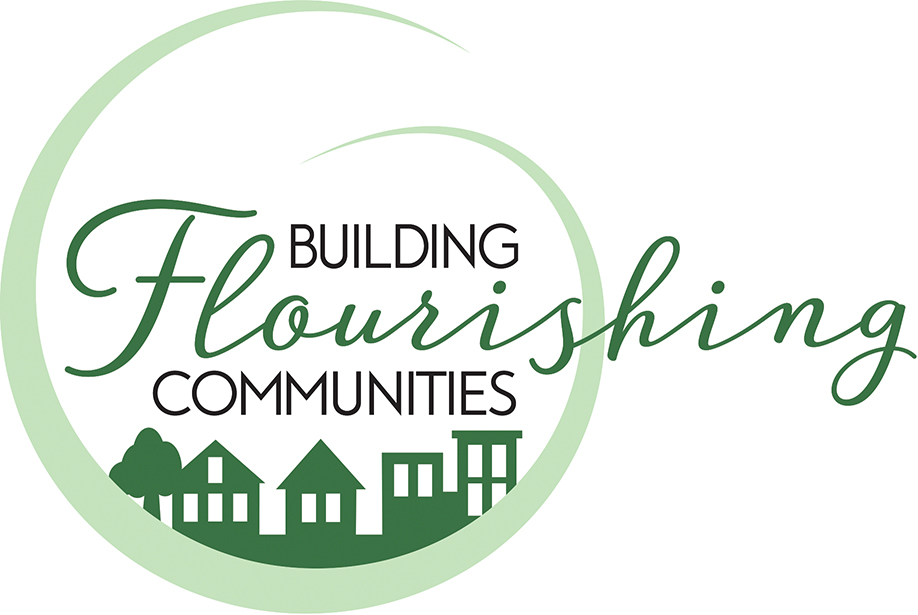
Building Flourishing Communities is spreading the information about how to help our children grow up with strong, addiction-resistant brains, the ability to build meaningful relationships, focus on their work, and remain calm under stress. This proven public health model provides important information about early childhood development to Vermonters and engages Vermonters in discussion and action to address the factors that lead to poor health outcomes and much of the difficulty so many have in succeeding at work and in family life. We are creating an enduring vision of flourishing communities, and the actions to achieve them.
There are Building Flourishing Communities Master Trainers facilitating discussions in all regions of Vermont to increase awareness about how early, overwhelming and/or threatening events can lead to later poor health and well-being. The Master Trainers are generating interest and excitement about the potential for change through conversation based in the NEAR sciences:
- Neuroscience: early brain development and adaptations to experience
- Epigenetics: how our environment influences gene expression
- ACEs study: makes the connections to later outcomes clear
- Resilience: shows that even those who have been deeply affected by adversity can become more resilient and flourish, and those with resilience withstand life's challenges better
Once we have created broad general knowledge and understanding across the state, the Master Trainers will then assist local leaders to determine next steps. Experience shows that when community members have an opportunity to lead, local projects are more likely to focus on narrowing the gaps between those with the greatest challenges and those with more advantages. This approach reduces early, overwhelming events, increases resilience and leads to flourishing.
In Washington State where this model was developed, child welfare costs decreased by $27.9 million. Public services costs due to early childhood adversity were reduced by $120 million annually. For an average yearly investment of $3.4 million in small, local grants for community-driven projects; for every dollar spent, $35 were saved.
To learn more about Building Flourishing Communities, visit the ACES Connection Blog at https://www.acesconnection.com/g/building-flourishing-communities-vt
